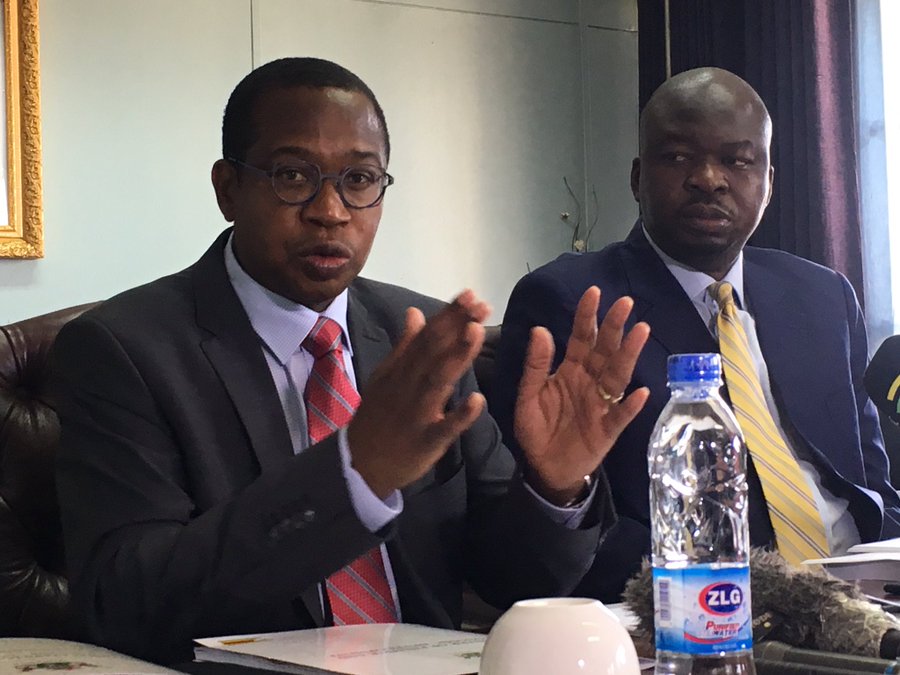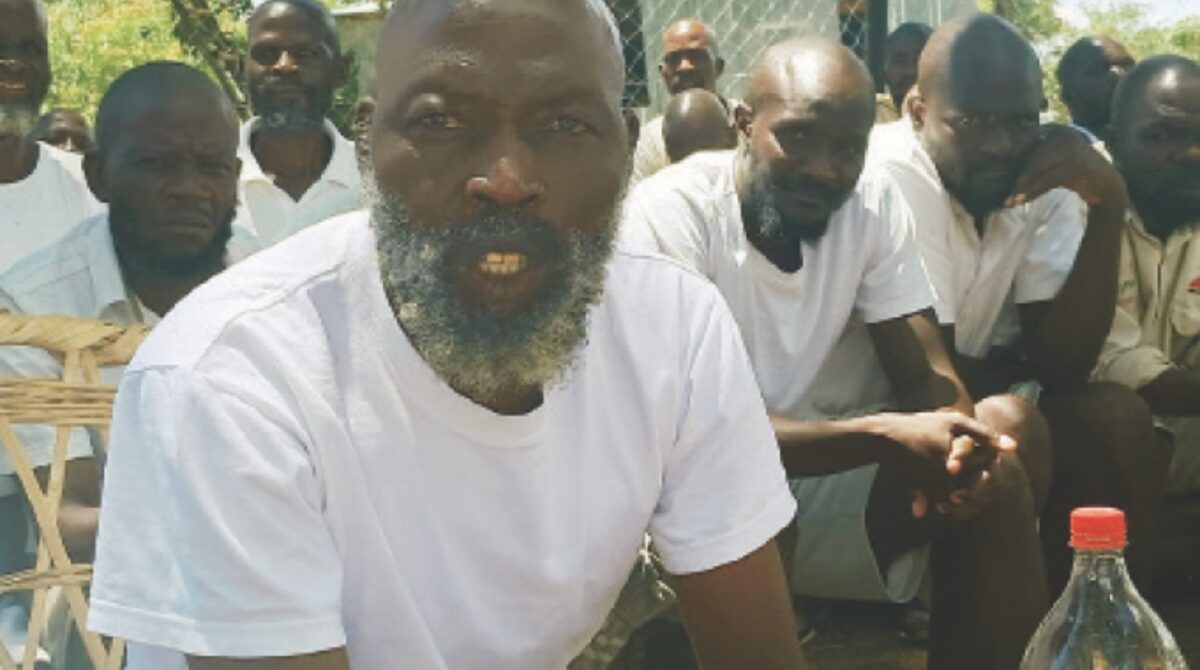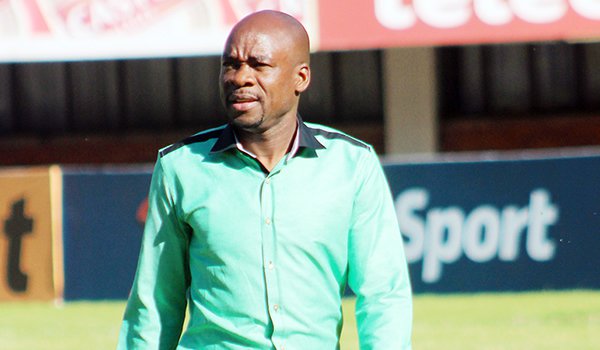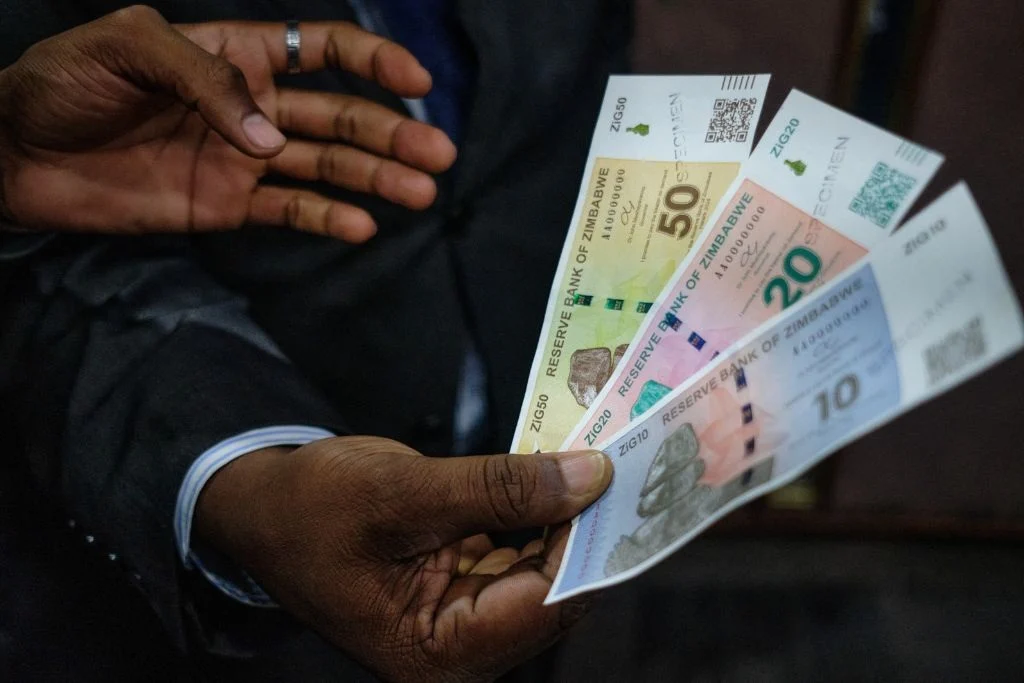HARARE – Finance Minister Mthuli Ncube will unveil the 2019 budget on Thursday amid surging inflation, foreign-currency shortages, a sticky fiscal gap and the need to find cash to pay arrears to lenders so Zimbabwe can restart aid programmes that could revive the economy.
Ncube, appointed in September, has been trying to find ways to repay billions of dollars in debt incurred in almost two decades of economic mismanagement by the Zanu PF government.
Efforts so far have backfired, with a 2 percent tax Ncube placed on electronic transactions from October 1 to raise $700 million leading to annual inflation accelerating to its highest in about a decade as businesses insisted on cash when there isn’t any.
“We hope the minister will give clarity on how to reduce expenditure, and show plans on how they intend to scale back some of their entities,” said John Robertson, the managing director at the economic consultancy Robertson Economics, referring to state-owned companies. “There have to be more measures on how to widen the tax base since right now you have few people who are not paying tax.”
Last month, Ncube said the budget gap as a percentage of gross domestic product will narrow to 9 percent this year. Reaching the target will be difficult after he told MPs on November 11 that deficit in the first nine months of the year was $2.5 billion compared with an expected $715.4 million.
The government will have to find ways to reduce costs, according to Welcome Mavingire, a managing partner at Intellego Investments Consultants. “I don’t think there will be wholesale job cuts, but continued talk of retirement, flushing out ghost workers and limiting perks,” as announced in Ncube’s Transitional Stabilisation Programme in October, he said.
The International Monetary Fund estimates the state’s wage bill consumes more than 90 percent of government revenue.















